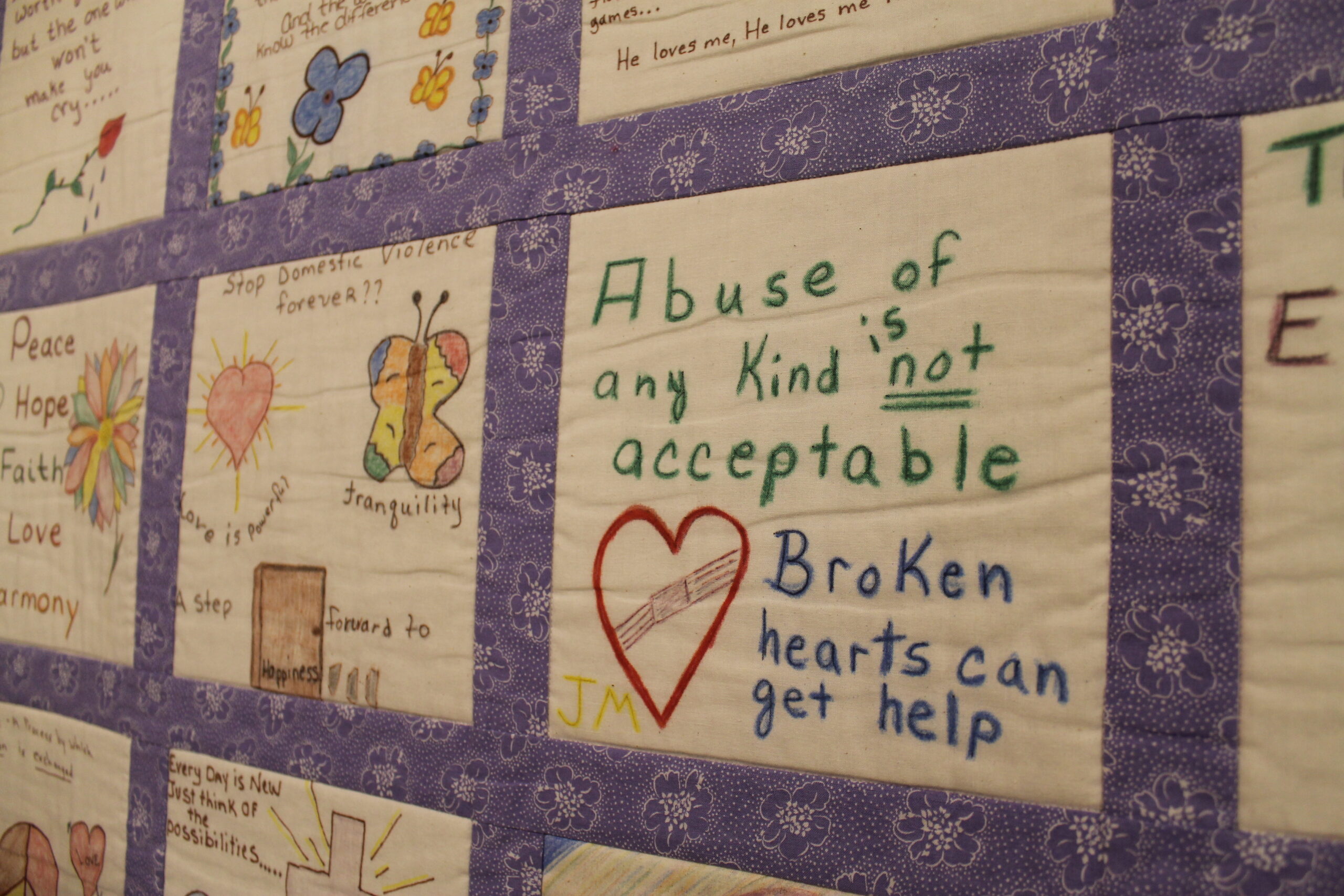
FORT KENT, Maine — People often think of abusive relationships as something that occurs among adults. However, it is also an unfortunate reality for many teenagers just learning to navigate the world of dating.
With February being teen dating violence awareness and prevention month, the Hope and Justice Project would like to share some information about teen dating violence.
“Dating abuse (also known as dating violence, intimate partner violence, or relationship abuse) is a pattern of abusive behaviors — usually a series of abusive behaviors over a course of time — used to exert power and control over a dating partner,” according to Tammy Albert, prevention and volunteer coordinator with the Hope and Justice Project.
Teen dating violence and abuse is more common than most adults think, Albert said.
According to one study she cited, 82 percent of parents feel confident that they could recognize the signs if their child was experiencing dating abuse. However, a majority of parents (58 percent) could not correctly identify all the warning signs of abuse.
Another study concluded that 33 percent of teens who were in a violent relationship have never told anyone about the abuse, Albert said.
Signs of dating violence can include constantly insulting a partner, extreme jealousy or insecurity, isolation from family and friends, making false accusations, threatening to embarrass a partner by revealing personal information, telling a partner what to do, pressuring or forcing sex onto partner, or physically harming a partner in any way.
“Exertion of power and control can and will look different depending on the situation and the abuser’s tactics to gain and maintain control over their partner,” Albert said. She added that some abusive tactics are checking a partner’s cell phone, email or social media without permission, and repeatedly contacting a partner to ask what they are doing or where they are.
Parents should talk to their teenage children about dating violence.
“Let your teen know about dating abuse and talk about what makes a healthy relationship,” Abert said. “Listen to your teen and don’t make assumptions or judgments.”
Parents who are concerned that a teenage child is suffering from dating violence should reassure their child by validating his or her feelings.
“Remind your teen that being victimized is never his/her fault,” she said. “Don’t ever accept excuses for abuse, there aren’t any.”
The Hope & Justice Project encourages parents, school teachers and administrators, and members of the community to respond when they witness or become aware of abuse.
“If you are confused, frightened, or simply want to learn more about helping an individual who you may think is in an abusive relationship, please call our 24 hour hotline 1-800-439-2323,” Albert said. “You will find someone who cares, listens, and can provide crisis intervention and support. Hope & Justice Project will also help make a plan to get and keep someone safe.”







